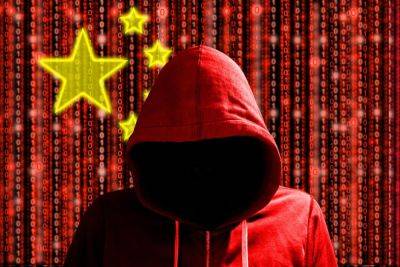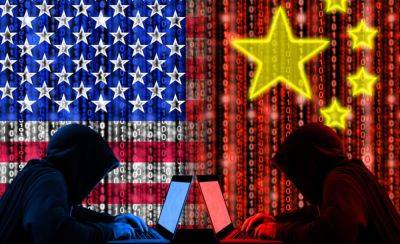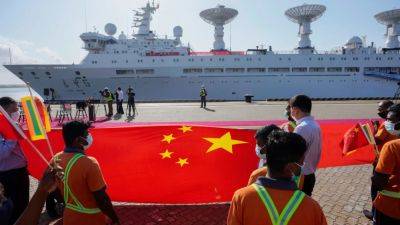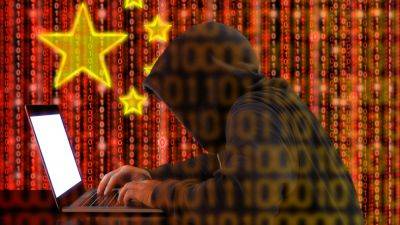US, China wrestling for Thailand’s cyber soul
BANGKOK – Washington has expanded into Bangkok’s satellite and cybersecurity, with the US training Thailand’s military in “Space Situational Awareness” for the first time during the recently completed Cobra Gold wargames.
China’s Huawei, meanwhile, has partnered with Thailand’s National Cyber Security Agency (NCSA), which is responsible for combatting “cyber threats” to this Southeast Asian nation’s critical infrastructure and other vulnerable targets.
Cobra Gold is Asia’s biggest annual US multinational military exercise and includes training in warfighting skills, weaponry, survival and other exercises on Thai territory, in the air and in the Gulf of Thailand.
Almost 10,000 troops, mostly from the US and Thailand, joined forces from about 30 countries on February 27-March 10 to participate. This year’s core war teams included the US, Thailand, South Korea, Singapore, Malaysia, Japan and Indonesia.
Thailand’s recently retired Chief of Defense Forces, General Chalermpol Srisawat, enabled “the integration of Cyber Security and Space Situational Awareness into the [Cobra Gold] exercise,” an Indo-Pacific Command (PACOM) statement said.
Space Situational Awareness (SSA) includes monitoring objects in space and predicting their movements so collisions, attacks and other dangers are prevented.
The US Defense Department uses that power to potentially defend and attack in space, and position, repair, and retrieve satellites and other objects.
The US Commerce Department, meanwhile, shares SSA data with commercial firms that need to protect their telecommunications and other satellites.
US Space Command said it was developing and countering satellites that can extend robotic arms to capture rival satellites, zap space objects with







